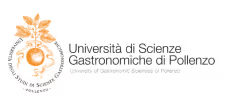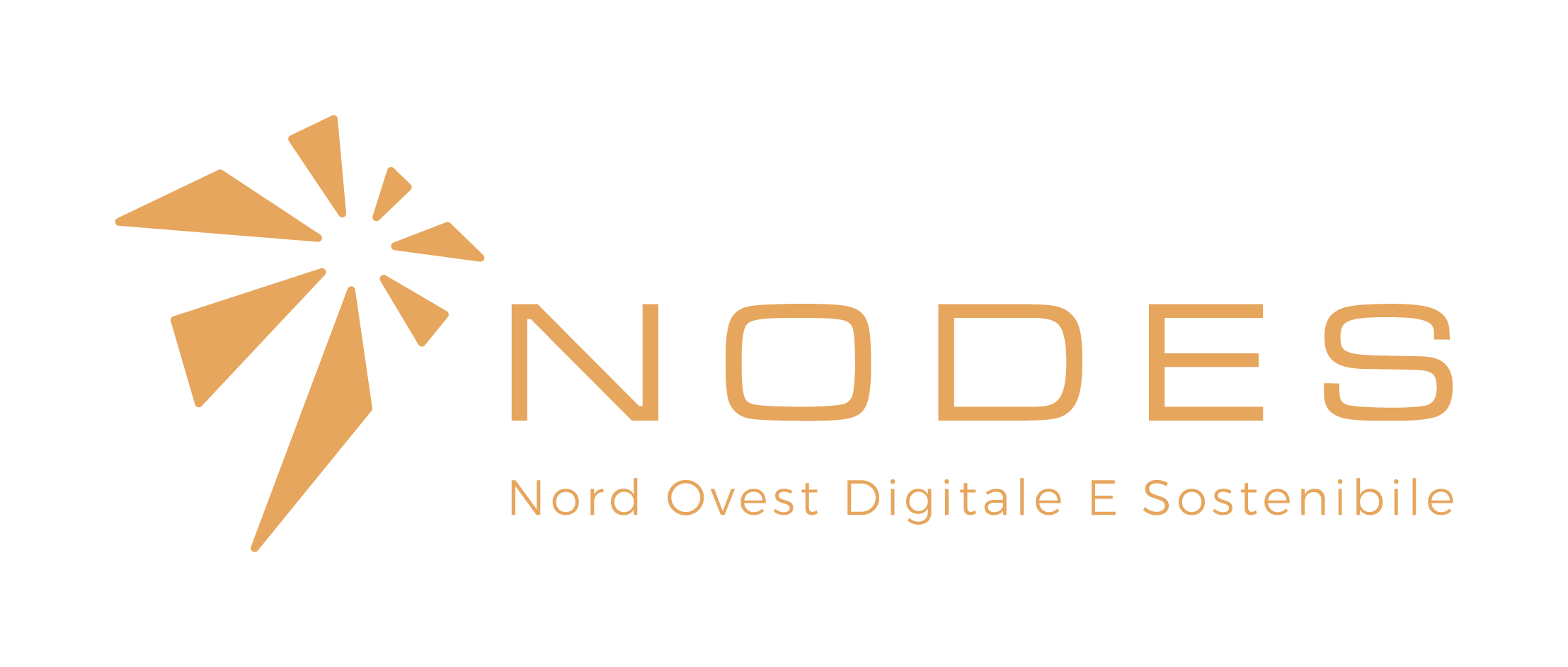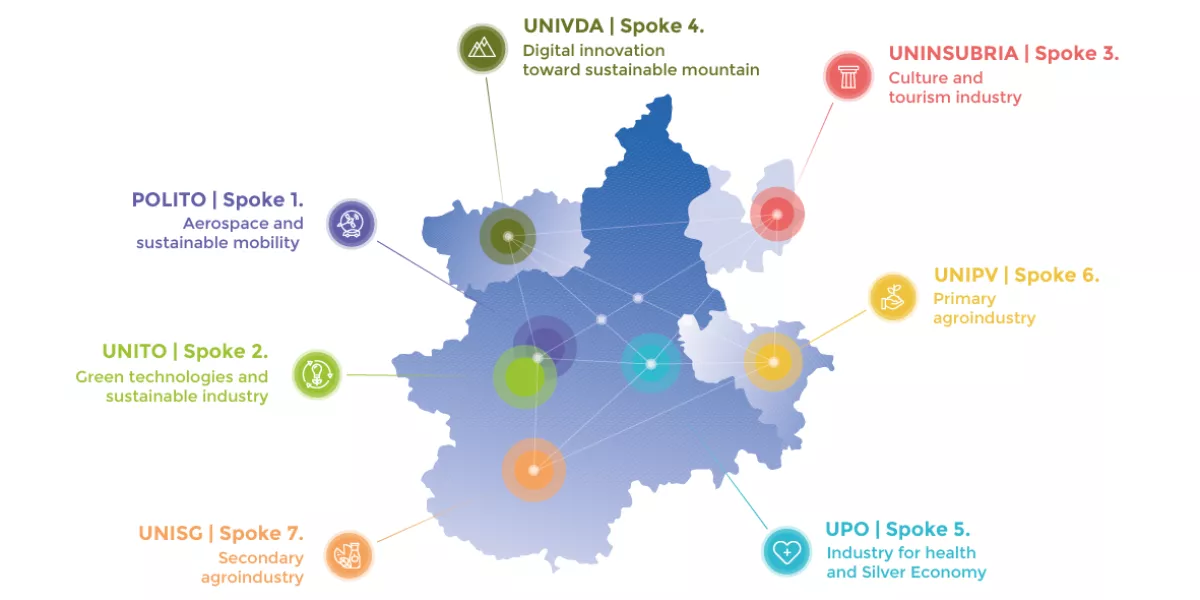The NODES (Digital and Sustainable North-West) ecosystem is the context and the search engine from which this platform took shape
NODES is the innovation ecosystem funded by the Ministry of University and Research (MUR) under the National Recovery and Resilience Plan (PNRR), Ministerial Decree No. 1054 of 23 June 2022.
The ecosystem covers the areas of Piedmont, Valle d'Aosta and the adjacent Lombard provinces (Pavia, Como and Varese) and aims to create a digital and sustainable North-West Italy. This ecosystem is comprised of 24 representatives of a series of local innovation actors that embody the region's productive and research excellence, in particular universities (8), innovation centers (6), research centers (5), incubators (3), an accelerator and a competence center.
The NODES project aims to support the sustainable growth of this geographical area through an integrated digital and ecological transition, in line with the specific objectives of the PNRR relating to “Digital, Industry, Aerospace”, and to strengthen the conditions for the development of a knowledge-intensive, competitive and resilient economy. To this end, NODES is organized into seven spokes, each with a specific focus. Spokes 7 is dedicated to the secondary agro-industrial sector and aims to innovate the agri-food system of northwestern Italy, making food companies more competitive on local, national and international markets.
Spoke 7 is active in two flagship projects, SADAIFO-ANIMAL and SADAIFO-PLANT (SADAIFO stands for “Sustainable And Digital Innovation for Foods”), which aim to promote sustainability and digital innovation in the sectors of processed animal and plant products.
The research project from which the platform was born is part of the SADAIFO-PLANT flagship project, whose specific objective is to improve the competitiveness of the supply chain of plant-based food products, with particular attention to the wine sector.











